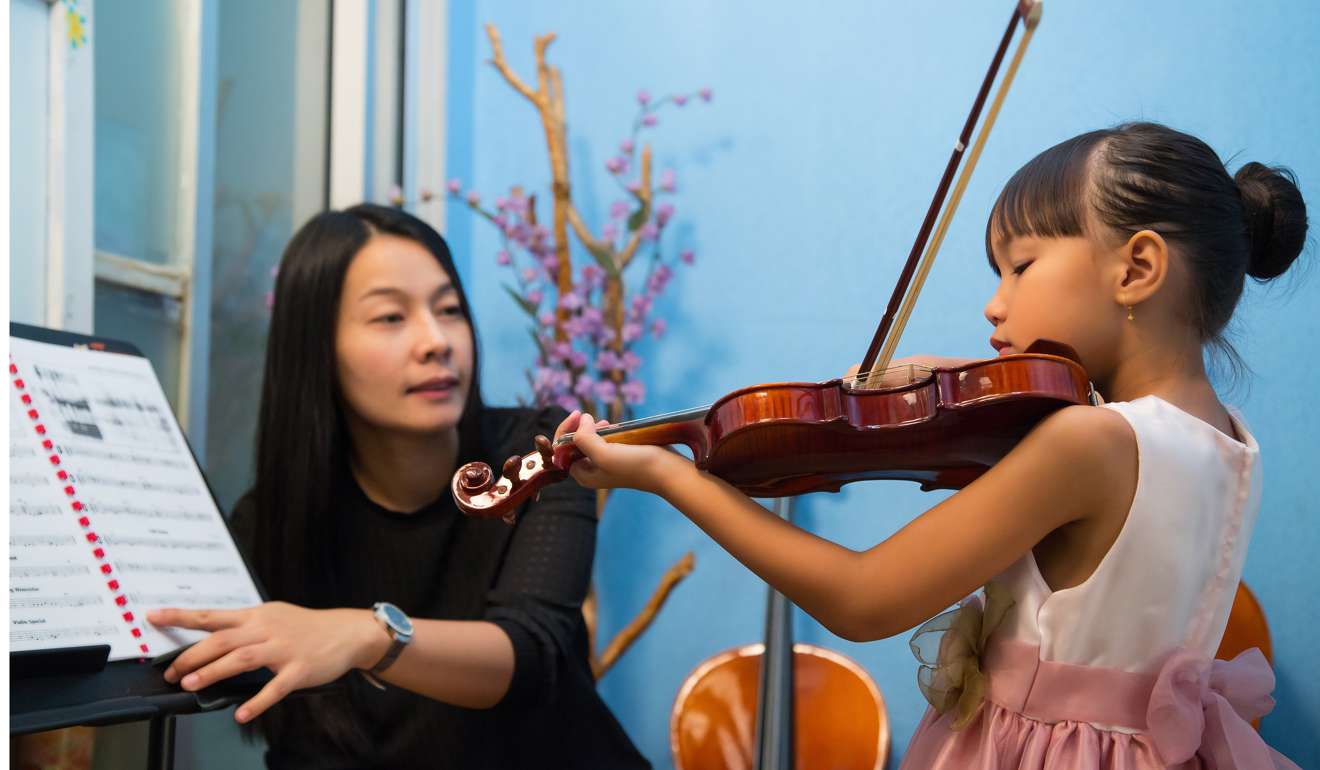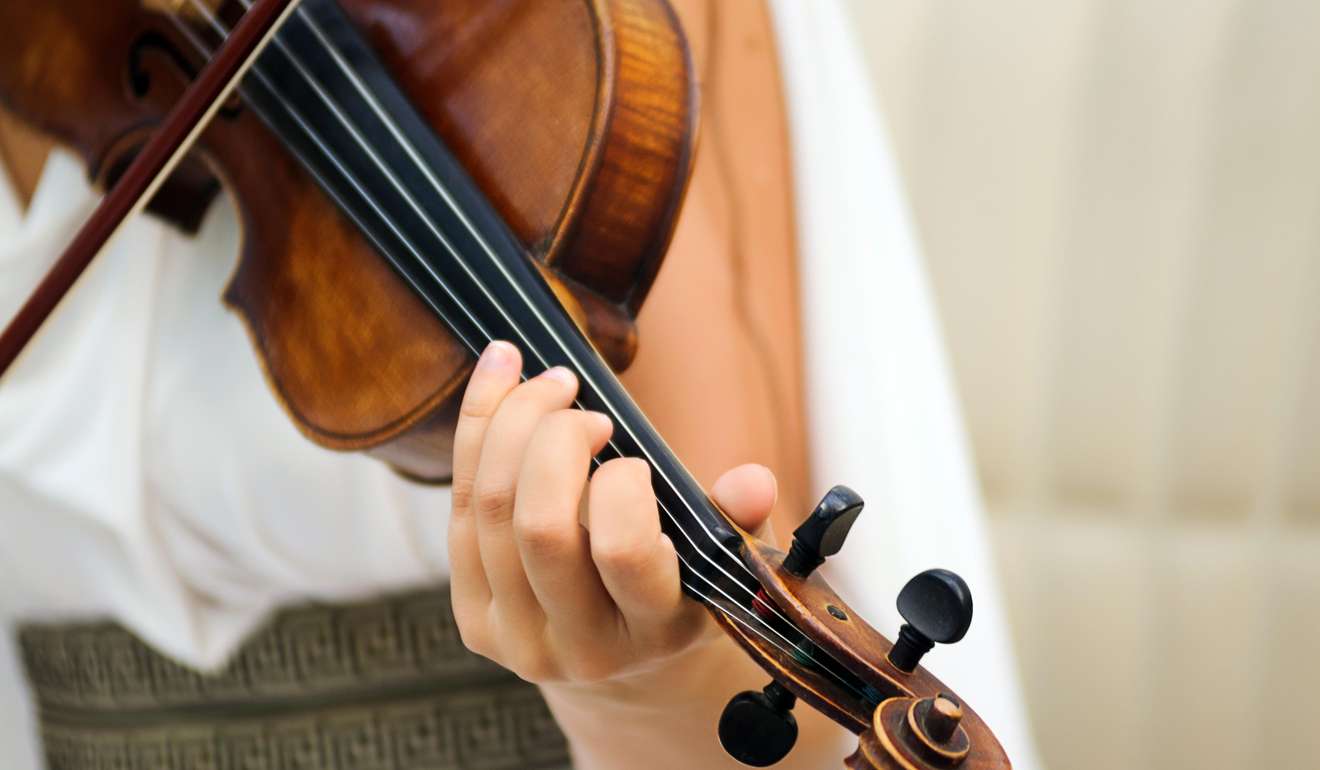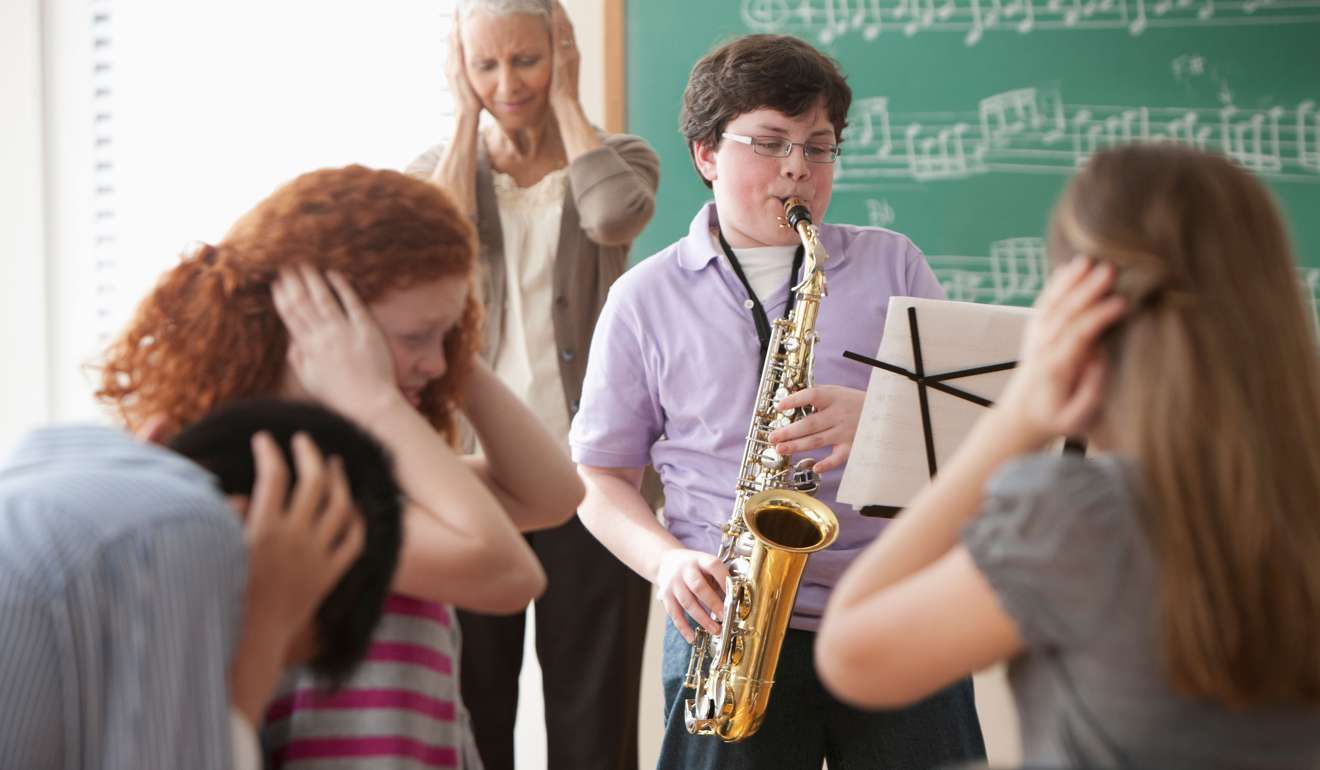
Why can’t Hong Kong primary schools teach music properly for pupils who want to learn an instrument?
Tight budgets and limited space make tailor-made lessons for pupils of different abilities almost impossible, but with extra tuition and even apps, all is not lost
My daughter, who is in Year Four, is already a proficient musician and music lessons at her school are pitched way below her ability. Her class is learning to play the recorder. She says it’s really boring and the other children make a horrible noise. Can’t schools cater for more able children in music lessons as they do in maths and other subjects?
Most people would agree that the noise of novice recorder players – or indeed beginner violinists or trumpet players – can be excruciating. Unfortunately, primary schools don’t usually have the budget for more than one specialist music teacher, and this makes streaming classes in music impossible.
In previous decades, many schools didn’t have a specialist music teacher at all, so provision was varied, depending on the training and personal knowledge of the general class teacher.

This promotes creativity and independence, as well as enjoyment and cooperation, not only in a musical sense but also nurturing a student’s social and emotional development. If room is limited, as in many Hong Kong schools, even a talented teacher would find it challenging to get a large class of children practising instruments at their own level.
The class music lessons in your daughter’s school may not develop or hone advanced musical skills, but there are some worthwhile aspects. For example, she is gaining experience in playing and singing in a large group – remember, music education is more than playing an instrument to a high level or becoming an expert in musical theory. She will have the chance to develop singing technique and aural training to distinguish different instruments, rhythm and pitch.

Increasingly, schools are using different media to make music. Creative use of technology, with sophisticated software packages, such as Garage Band and its equivalents providing professional-type tools, would be ideal for your daughter to express herself and compose her own music. You could encourage her to extend her skills in this direction at home.
I am assuming your daughter already has individual music lessons. As well as becoming proficient in playing an instrument and learning music theory, there are often unseen advantages. A recent British study showed that children who have one-to-one music lessons with a professional teacher develop better problem-solving and motor skills than those who only attended class or group music lessons. These children were also found to be less anxious than others.

Primary schools do provide for competent musicians through promoting extra-curricular programmes, which typically include the school orchestra, choir or recorder groups. Other chances for your daughter to gain experience playing in front of an audience could include special assemblies, school dance and drama productions, and celebrations of cultural festivals. You could explore this with her music teacher.
There are differing views about streaming in different areas of the curriculum. Some primary schools don’t stream for any subject, whereas others stream for certain lessons if it helps learning. This, of course, depends on the human resources available.
Your daughter’s future secondary school is likely to offer a wide range of musical opportunities. If she chooses music as one of her exam options, she will be challenged in the areas you are concerned about and will also be working with students of a similar ability.
Julie McGuire is a former Hong Kong primary-school teacher
